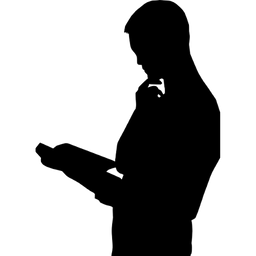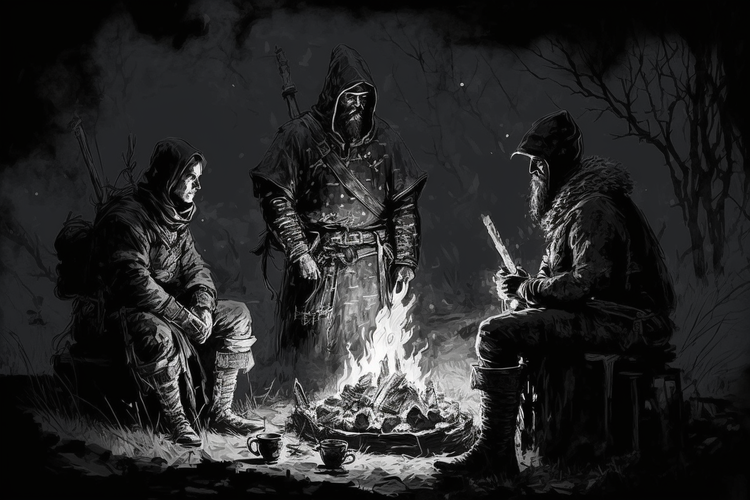How To Become a Fantasy Writer: Worldbuilding - Power Structures
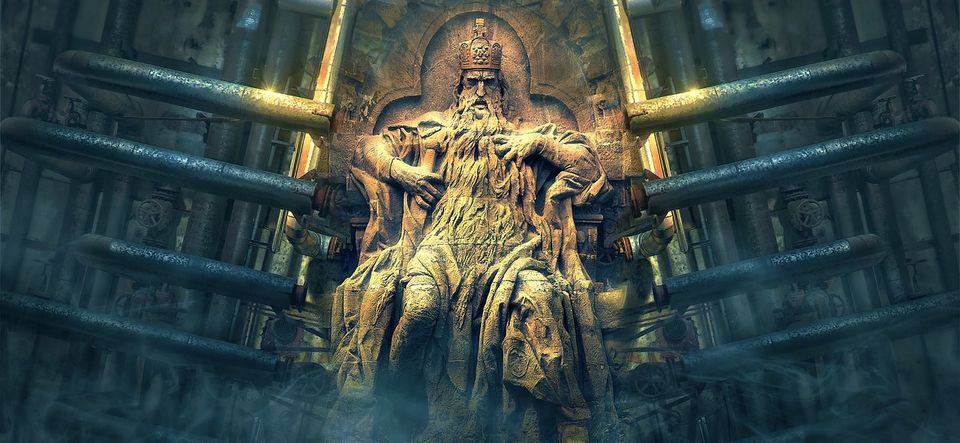
In literature, power is a very important element and it can be hard to write about without considering how your world works. In this article, I'll talk about some of the different ways power works in literature.

Hereditary system
The power structure in the fantasy world of your choosing can be hereditary, meaning that the ruler passes on their title to a specific family member. This can be due to anything from genetics to divine right.
Examples:
- The throne is passed down through generations of the same family (think Game of Thrones).
- The ruler's firstborn child inherits their title (think King Lear).
- A sibling or cousin may be named heir (think The Lion King).
- A distant relative who was never expected to inherit would have an opportunity if they were around when something happened to the current monarch (think Alice Through The Looking Glass).
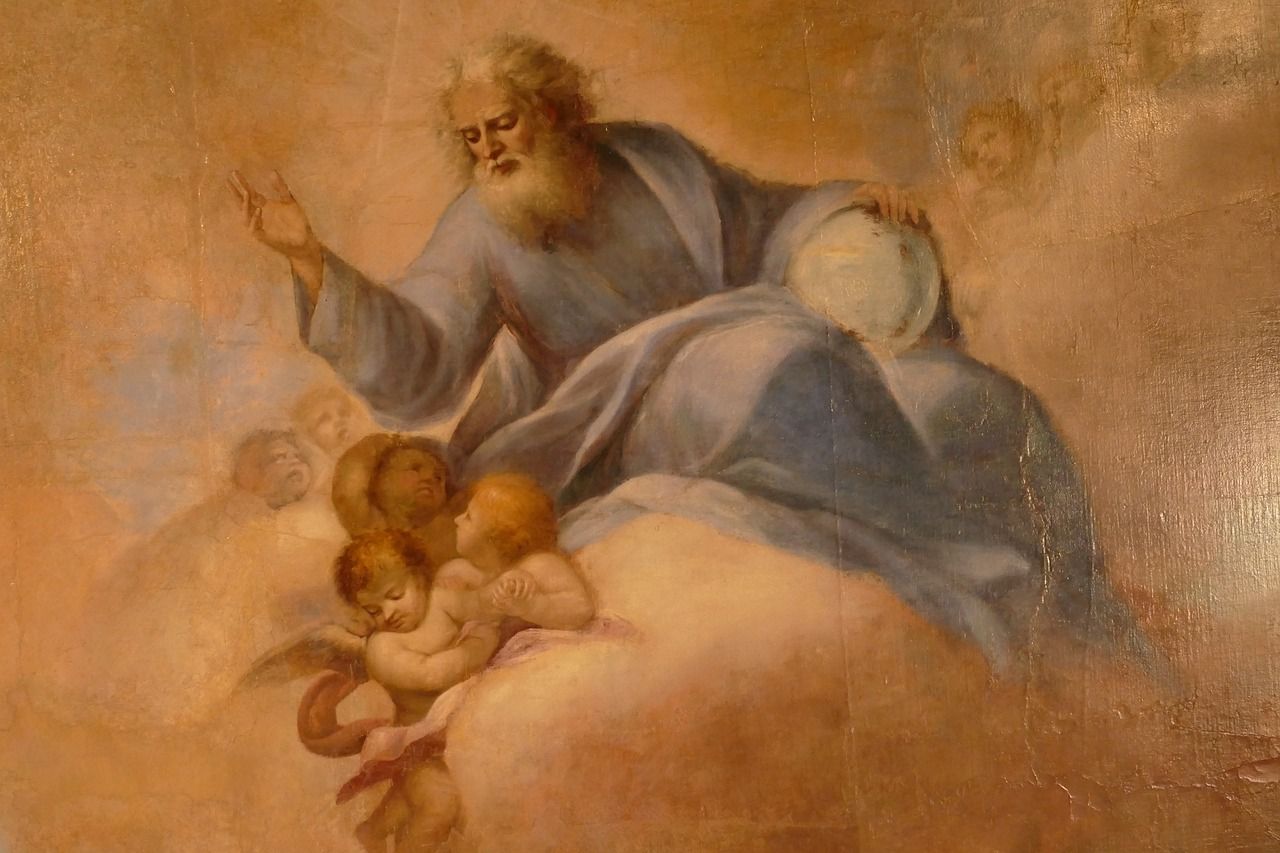
Theocratic power
Theocracy is a form of government in which the ruler or ruling body of the state has a divine right to rule. A god or deity is the source from which all authority derives, and thus it's considered their prerogative to influence people's actions and thoughts.
In terms of worldbuilding, this means that your fantasy world will have an authoritarian government with an extremely strong sense of order—and it might be governed by a single god who provides direction for every aspect of life on earth.
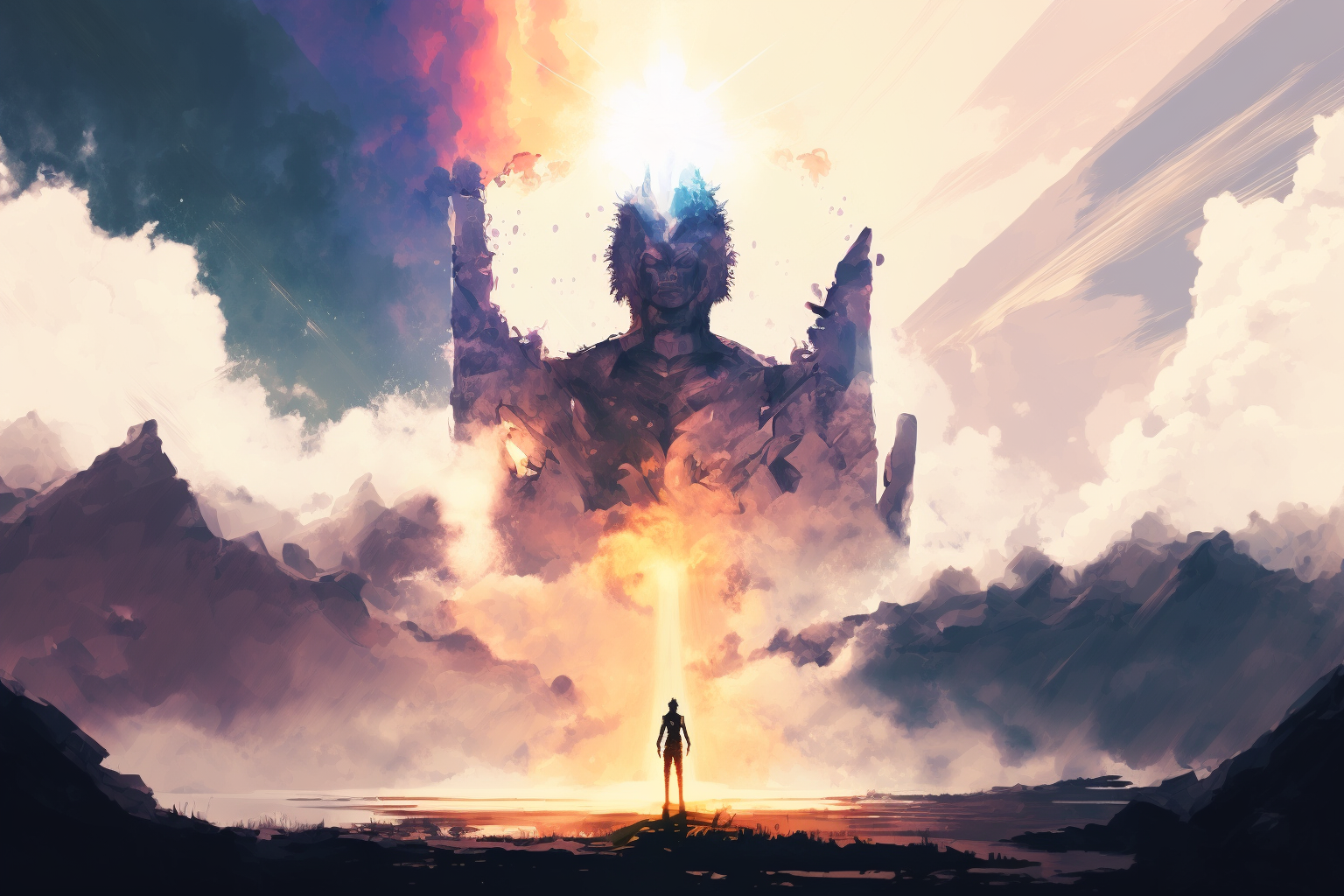
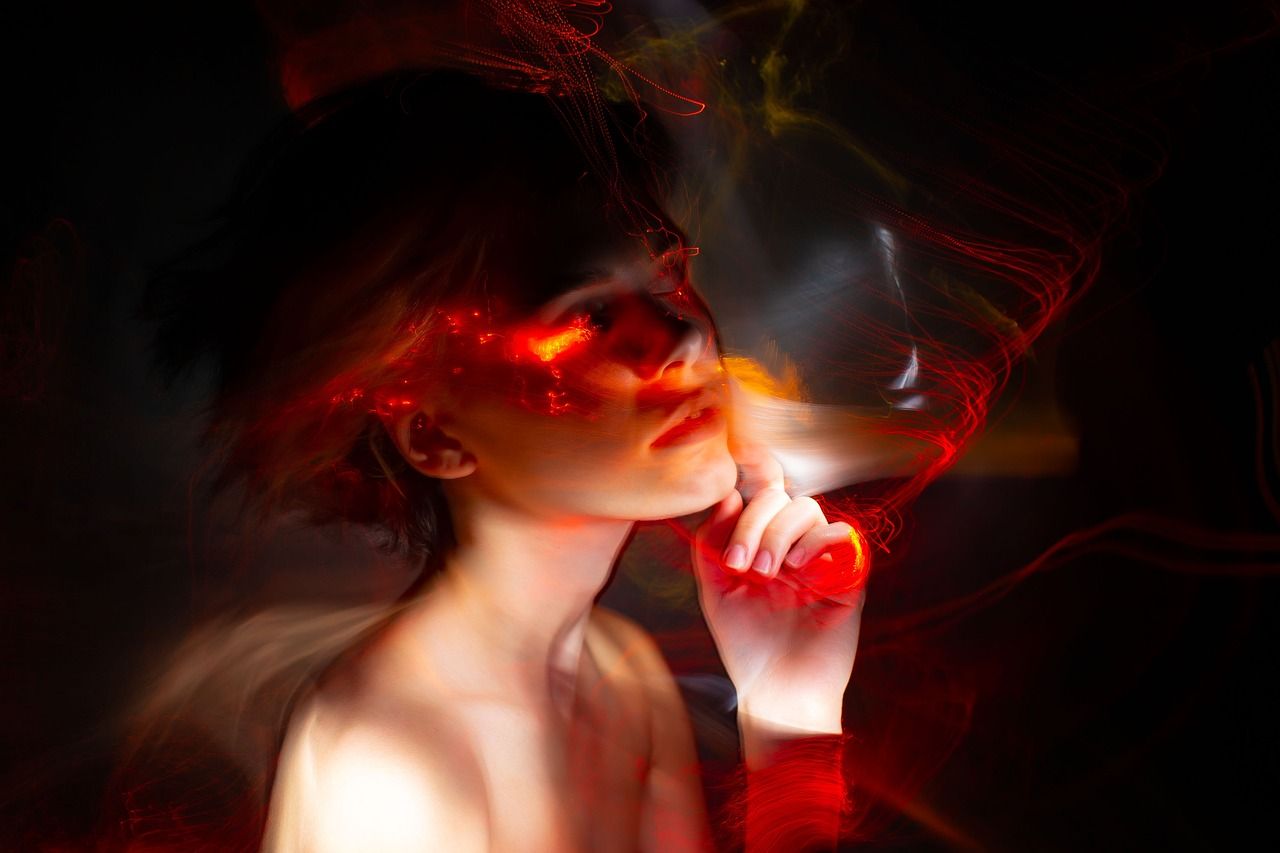
Magical power or ability
When you’re writing a novel, it can be difficult to keep your worldbuilding straight. There are so many different elements that need to be considered, and it can sometimes feel like there are more questions than answers. One way to make sure that your fantasy world is as believable as possible is by creating a power structure for magic users in the story.
When thinking about how magic works in your story, it’s important not only to think about what kinds of powers will be available (and who has access to them), but also how those powers might affect society at large.
In some cases, the most powerful people are simply those with the most trained control over their own bodies—like martial artists or acrobats who have learned how to use their bodies in extraordinary ways without relying on supernatural means.
But other times there may be an entire class of people whose abilities come from an innate understanding of magic itself—or even just one kind of formless energy that permeates throughout all things being changed by thought alone!
In these cases especially (where there isn’t necessarily any “supernatural” explanation behind why someone has certain abilities), you should ask yourself:
- What would happen if someone knew exactly what they were doing when trying something out?
- How much would that change things?
- Would they become famous? Would they become feared villains? Or maybe even both at once!


Power of wealth or money
The power of wealth or money is a common theme in literature. Fantasy literature, especially, often features this kind of power struggle. It is often used to drive the story forward, with characters fighting each other for control over resources. In fantasy and science fiction genres, it’s common for a group to attempt to overthrow another group who are in charge because they have more money or land than them.
In some cases, what makes one person more powerful than another is not their physical strength but their ability to accumulate wealth through various means such as trading and buying things on credit (this can be seen in Avatar: The Last Airbender).
Another example would be Harry Potter where there are many mentions of people being able to buy things like houses using gold coins called galleons or sickles which aren't used anywhere else except Hogwarts and the Wizarding World.

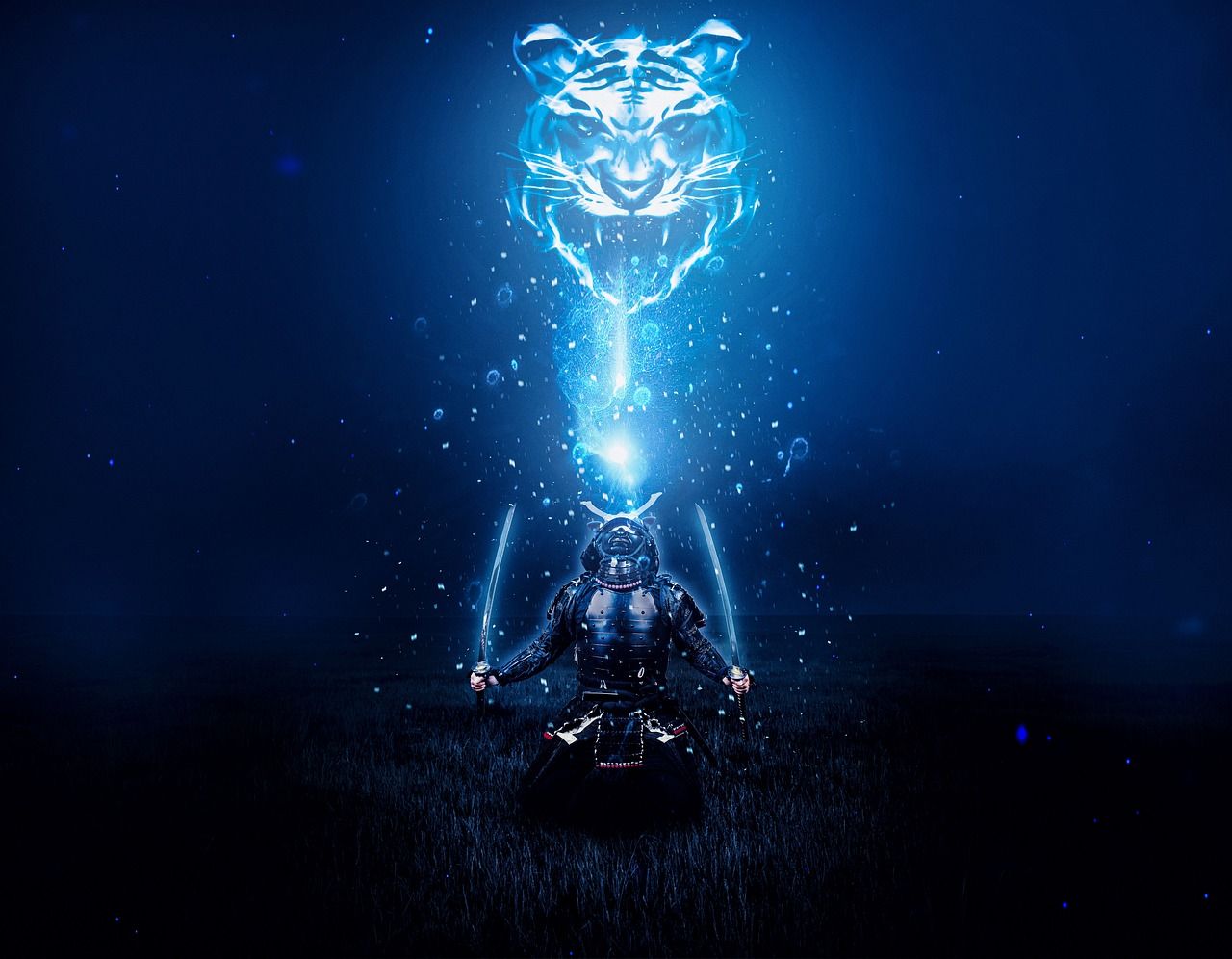
Military power
Military power is the use of armed forces to achieve political objectives. It includes the projection of military might in order to dissuade others from starting or continuing a conflict, coercion by threat or use of force, and sometimes may involve direct combat using weapons.
Military power is the ability of a nation to project its will onto the international arena. This includes being able to enforce your will upon other nations by using armed force against them if necessary, as well as threatening them with such action in order to get them to comply with your wishes.
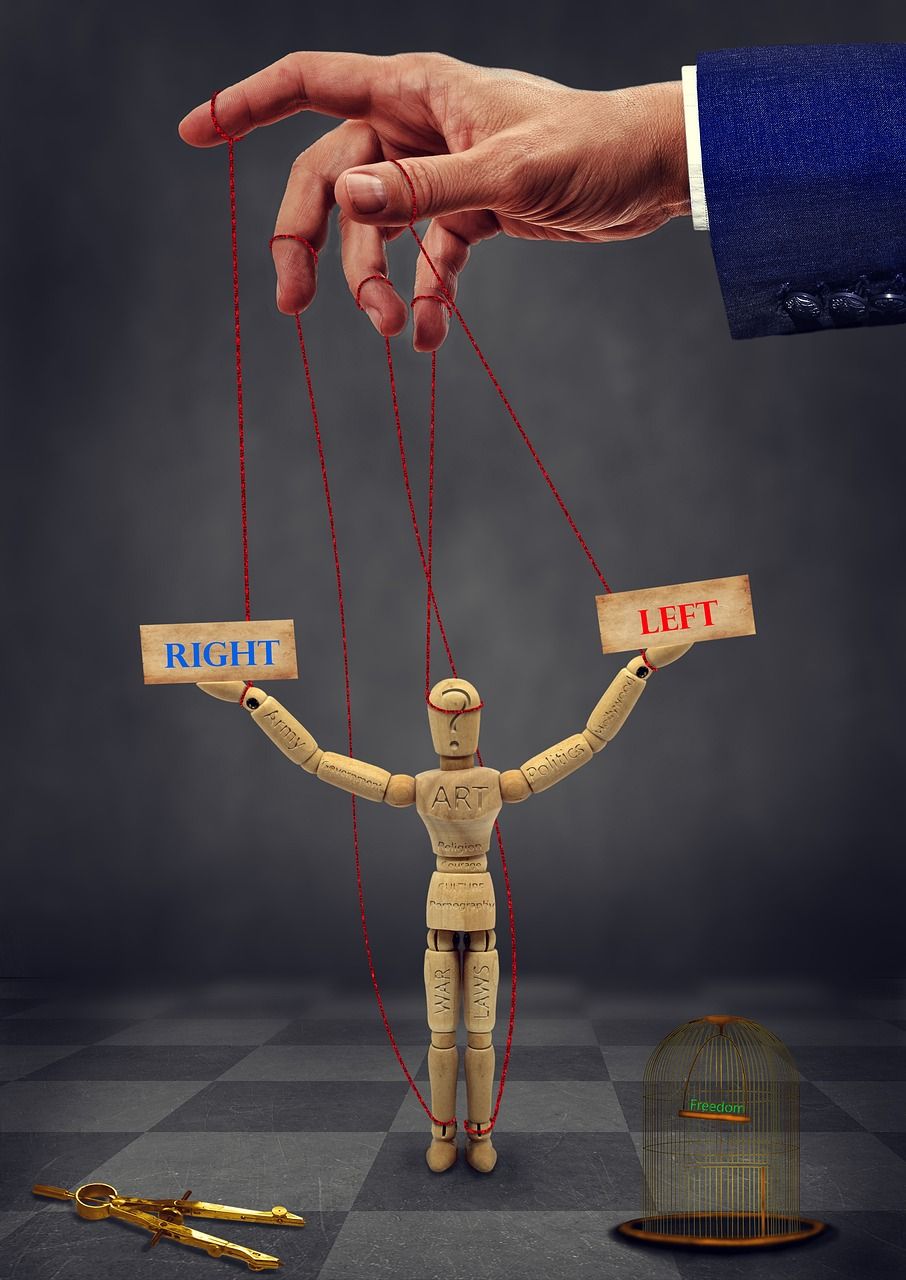
Control of the state apparatus
The state apparatus is a system of institutions and organizations through which a government exercises control over its population. In the context of "state" power structures, the state apparatus refers to the following:
- Control over foreign policy. The ability to influence or manipulate international events in one's favor or against another country's interests. This can be accomplished through military force or through political and economic means such as trade agreements, weapons exports/imports, sanctions, embargoes, etc.;
- Control over domestic policy. The ability to influence or manipulate internal events in one's favor or against another country's interests (e.g., laws passed by Congress);
- Control over information flow within society;
- Military force at disposal of leaders (military forces under direct control).
How power works in literature
How does power work in literature?
Power is the ability to influence or dominate, to get things done. It is also the ability to control others—to make them do what you want them to do—and it's about making things happen. In short, power is about having control over your own life and making decisions for yourself.
In most of our books, characters have some kind of power over each other—even if only in small ways at first—but not always: sometimes there are characters who have no real influence on anyone else at all (e.g., "The Man Who Loved Children").
In a fantasy world, power is often depicted as something that comes naturally to certain types of people. For example, kings and queens might inherit their positions from their parents or grandparents, while others might be born with magical abilities that make them powerful in other ways. Even when power is not inherited, there are still ways for characters to gain it through other means such as wealth or military strength.
Go to the Resources page if you want a .pdf for the exercises present in this article.
If you like what I do here, hit the Subscribe button and help a fellow writer out.


